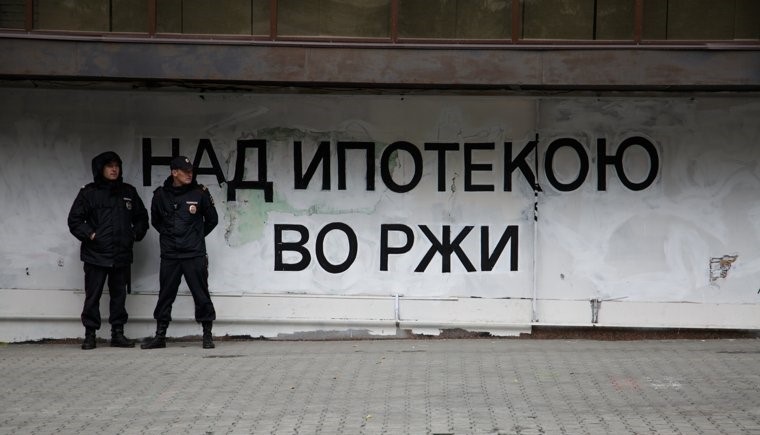Mortgage Trap: russia Has Let Down Its “Heroes” Again
5/28/2025

russian banks and developers do not see the “heroes of the special military operation” as their clients. After the abolition of preferential mortgages in the rf in 2024, the availability of housing for participants in the war against Ukraine has sharply decreased.
Interest rates in the market have risen to 26 %, while the average income of a civilian in the rf does not allow them to service such loan obligations. To get a mortgage for basic housing in moscow, a monthly income of at least $2,500 per person is required, and in st. petersburg – more than $1,600. A family with a child must earn more than $6,300 a month.
The military mortgage program theoretically facilitates access to credit, but requires at least three years of service in the war before the funds from the savings system can be used. The state can repay the debt only if the borrower continues to serve or the probable death of the borrower.
In case of dismissal from the contract, the serviceman loses the right to state support, which automatically transfers the loan to the category of problem loans. The contract is over – there is no income, and the mortgage is stuck. For the bank, the former “hero of the special military operation” is a debtor, for the market, he is ballast.
By the end of the year, the demand for housing in the rf may decline by 20–30 %, while the share of problem mortgages may increase. Developers are recording a decline in pre-orders, and banks are revising their lending terms. The real estate market is unable to integrate the surviving war veterans as a stable consumer group. The key barriers are unstable incomes and high credit risks.
